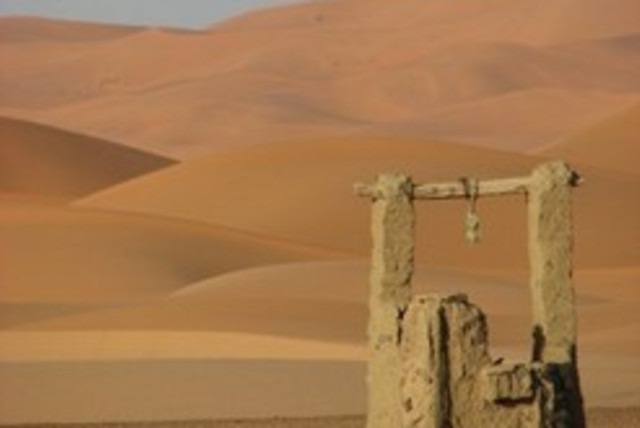For this year’s E-Torah cycle, we will approach the weekly portion as a springboard for a learning conversation. Each week will offer a brief commentary, followed by a prompt for discussion, which you can do with a family member or a friend—or on your own as a sort of internal dialogue/reflection.
American culture puts a premium on innovation, and this often serves us well, as individuals and as a nation. But sometimes reaffirming and renewing old wisdom is every bit as essential as creative invention. As a timely example, consider the public health measures we currently employ to protect ourselves and our communities from COVID. Our best strategy combines the cutting-edge miracle of m-RNA vaccines with the time-tested tactics of masking and social distancing.
In the Torah’s tales of our patriarchs, Abraham and Jacob are the revolutionary innovators. Abraham is the first Jew, embarking on an audacious pilgrimage into the unknown, in the service of an unprecedented monotheistic God. Jacob is the radical who dares to wrestle with beings human and divine.
Isaac, by contrast, is a conservator. In this week’s portion, Toldot, we read that one of his greatest accomplishments is that he “dug anew the wells that had been dug in the days of his father which the Philistines had stopped up. . . and gave them the same names that his Abraham had given them.” He is not a bold pioneer like both his father and his son—yet Isaac is every bit as important an actor in defining the Jewish people. Our personal and communal lives sometimes call for intrepid creativity; at other times, we need patience, persistence and preservation.
Conversation Question:
What do you most need in your life’s journey right now—innovation or renewal or both?




